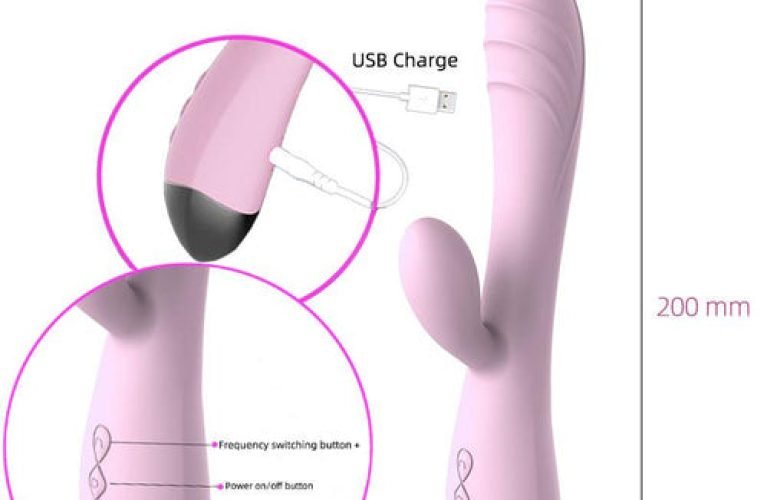Introduction
Fasteners are the unsung heroes of the industrial world, holding together structures and machinery, ensuring safety, and maintaining the integrity of various applications. When it comes to fasteners for critical and corrosive environments, duplex and super duplex fasteners have gained significant prominence. In this blog, we will explore the differences between these two types of fasteners and their respective applications.
What are Duplex Fasteners?
Duplex fasteners are a type of stainless steel fasteners known for their excellent corrosion resistance and mechanical properties. They are called “duplex” because they have a two-phase microstructure consisting of approximately equal proportions of austenite and ferrite. This unique combination of phases gives duplex fasteners several advantages:
Corrosion Resistance: Duplex fasteners exhibit superior resistance to various forms of corrosion, including pitting, crevice corrosion, and stress corrosion cracking.
Strength: These fasteners offer high tensile and yield strengths, making them suitable for applications that require robust mechanical properties.
Toughness: Duplex fasteners maintain their toughness even at low temperatures, ensuring their reliability in challenging environments.
Cost-Effective: While duplex stainless steel may be more expensive than standard stainless steel, it often proves more cost-effective due to its longevity and reduced maintenance requirements.
Common Applications of Duplex Fasteners:
Oil and gas industry: Duplex fasteners are widely used in offshore drilling rigs, pipelines, and subsea equipment due to their corrosion resistance in seawater environments.
Chemical processing: They find application in the manufacturing of chemicals, where resistance to aggressive chemicals is essential.
Water treatment: Duplex fasteners are used in desalination plants and wastewater treatment facilities due to their corrosion resistance.
What are Super Duplex Fasteners?
Super duplex fasteners are an advanced version of duplex fasteners, offering even higher levels of corrosion resistance and strength. They are characterized by their microstructure, which typically consists of around 50% austenite and 50% ferrite, and sometimes a small amount of other phases like martensite. The key features of super duplex fasteners are:
Enhanced Corrosion Resistance: Super duplex fasteners exhibit exceptional resistance to a wide range of corrosive media, including acids, chlorides, and sulfides.
High Strength: They have superior mechanical properties, making them suitable for demanding applications that require both strength and corrosion resistance.
Weldability: Super duplex materials are designed to be easily weldable, which is crucial in applications that require joining components.
Common Applications of Super Duplex Fasteners:
Offshore and marine industries: Super duplex fasteners are used in critical components of offshore platforms, ships, and underwater structures due to their ability to withstand harsh saltwater conditions.
Chemical and petrochemical industries: They are employed in processing equipment and pipelines that handle aggressive chemicals.
Desalination plants: Super duplex fasteners play a vital role in desalination facilities, where corrosion resistance is paramount.
Differences Between Duplex and Super Duplex Fasteners:
Corrosion Resistance: Super duplex fasteners offer a higher level of corrosion resistance compared to duplex fasteners, especially in aggressive environments with high chloride concentrations.
Strength: Super duplex fasteners generally have higher tensile and yield strengths than duplex fasteners.
Cost: Super duplex materials are more expensive than duplex materials due to their enhanced properties, making them suitable for applications where the extra cost is justified.
Conclusion
Both duplex and super duplex fasteners are valuable solutions in industries where corrosion resistance and mechanical strength are critical. The choice between the two depends on the specific requirements of the application and the severity of the corrosive environment. Duplex fasteners are excellent for many situations, while super duplex fasteners are reserved for the most demanding conditions. Understanding their differences and capabilities is essential for selecting the right fastener to ensure the integrity and longevity of structures and equipment in various industries.












